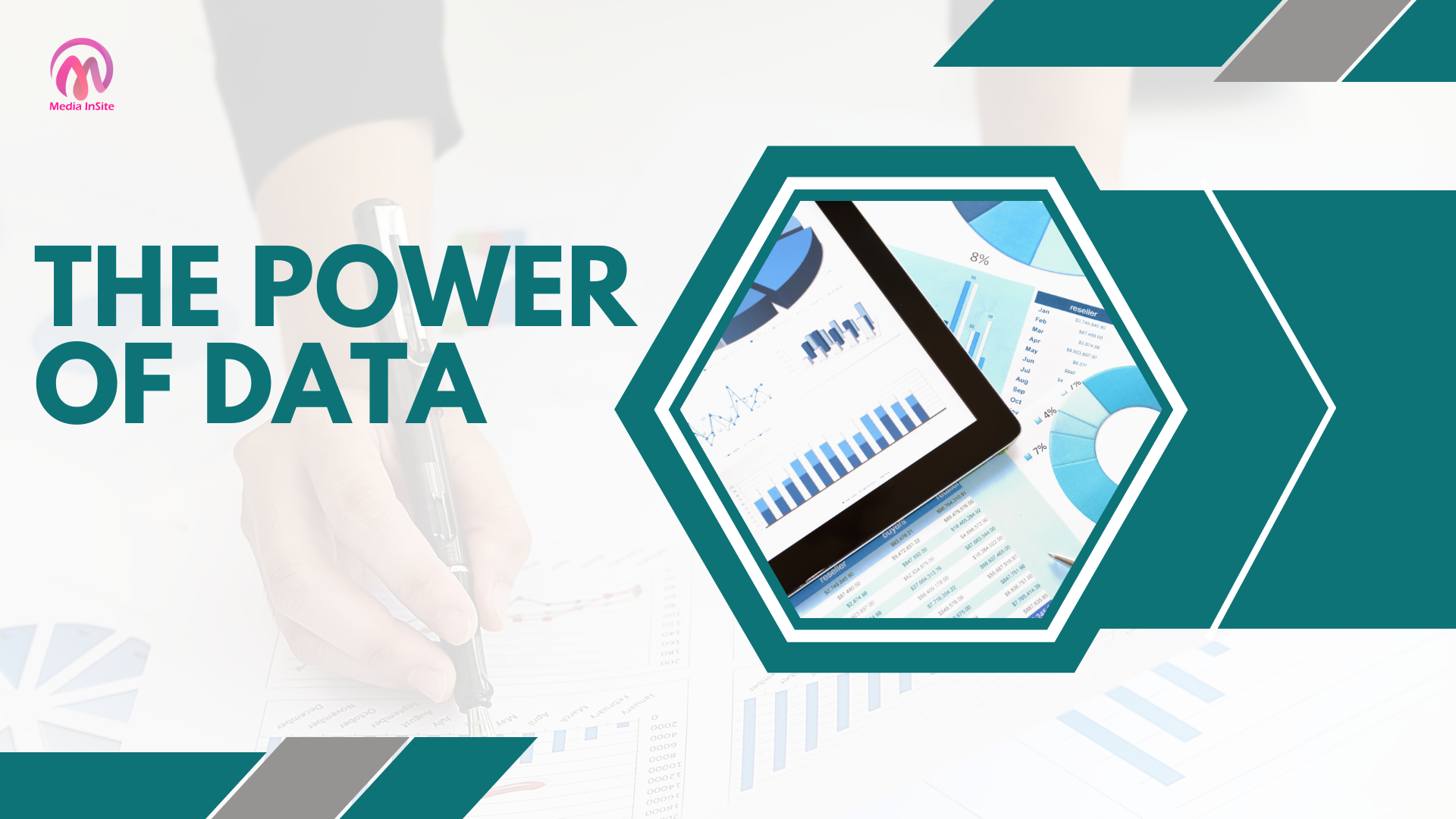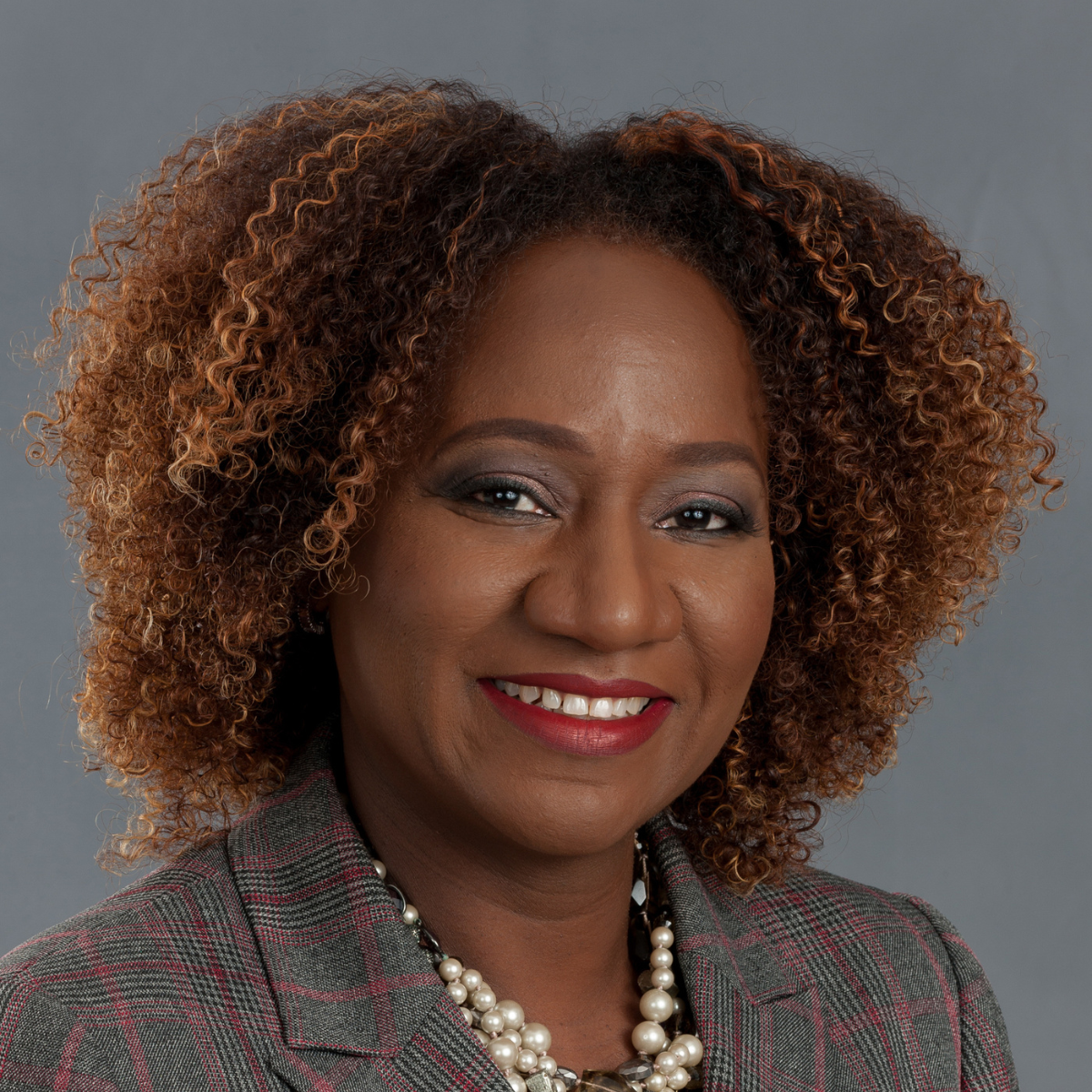Subscription to Newsletter
Media InSite News is a monthly educational newsletter distributed free via email to executives, managers & professionals in communications, public relations (PR) marketing, customer service and media.



It is all around us and it is us. We gather it and we are using it, even when we’re just sitting around. I was never very good at riddles so I’m sure you’ve guessed by now: Data. This simple, four-letter word represents one of the most valuable commodities in the world today. In fact, data is being collected right now, your online habits, and what you like to read. Let’s dive in a bit deeper into the power of data.
When British mathematician Clive Humby said, “Data is the new oil” in 2006, he was not joking. The effective use of data continues to have a lasting impact on the growth and development of societies – governments use data to inform their public policy and decision-making; businesses use data to chart their strategic direction, civil society uses data to build social programmes and identify where their efforts are most needed, and people use data to plan their future and decide where to spend their money. That’s just the tip of the iceberg that the power of data can bring to your business.
Yet, in the Caribbean, it has been a constant complaint by policymakers, business leaders and even persons in academia, that we do not sufficiently capture data; and if we do, it is not consistent nor comprehensive enough to help leaders make informative decisions.
Just last month, Prime Minister of Barbados, Mia Mottley, implored her country’s private sector to become more forthcoming in sharing information with the Government.
“We need to measure what we are doing and how much we are earning in this economy. Our failure to measure all the activity both within the formal sector and even in terms of the informal sector means that we are limiting ourselves in terms of our possibilities… at the end of the day, if we do not capture the size of this economy appropriately, it restricts the amount of fiscal space, the amount of room that Government will have to spend going forward.” Mia Mottley, Prime Minister of Barbados, September 2022 Source: Barbados Today
Hopefully, old habits are changing. Just recently Secretary General of the Caribbean Community (CARICOM), Dr. Carla N. Barnett spoke about the value and power of data to regional decision-making.
“Data on education, employment, health, and housing, are important to inform Government policy, planning, and administration in the fields of education, health and welfare. Data on population trends helps businesses to forecast the source and size of the population and to estimate the supply of labour and its characteristics, as well as consumer demands for goods and services. Age, gender, income levels, educational attainment, household structure, employment status, and a number of other demographic factors drive the decision-making of consumers.” From Secretary General of CARICOM, CARLA N. BARNETT Ph.D. CBE, 14thCaribbean Statistics Day, 15 OCTOBER 2022
And it’s not simply about volume! Governments and businesses are collecting billions of bytes of data daily on customers, employees and other stakeholders and the real questions is how are they using this data to inform decision making and policy formation.
For Communications, PR and Marketing professionals, data is vital for analysis, product development, and decision making. If you’re going to be strategic about how you advise leaders, develop products and services, engage customers, or rally employees, you cannot solely rely on your gut! Artificial Intelligence, data science, and the Internet of Things (IoT) should also be challenging your thoughts (and that of your teams) and driving your decisions.
Public relations and marketing professionals can use data to:
Decisions are based on information collected about clients and public sentiments and habits when effectively analysed can inform what products are developed, how they are promoted, and which audience/client segments are targeted.
Catch small issues that may be looming in public spaces before they become bigger issues/crises. Utilising tools and techniques to listen to employees, capture client feedback, and monitor public sentiment can save brands thousands of dollars in crisis management and reputation loss after the horse has bolted.
PR and Marketing professionals often have to justify strategies and spend to executives who are looking at the bottom line, especially in tight economic times. Data removes the “I think” and “I feel” and “I believe” from the conversation and gives executives hard facts to hold when contemplating a new brand or PR strategy.
Gone are the days of the limitless budget. In fact, public relations and marketing often find themselves competing for finite dollars in a business. Capturing data about how products and strategies are performing helps justify future allocations.
Among the types of data that PR professionals should be assessing for better decision-making includes:
Are you effectively capturing data from your clients and audiences, and does it help create a funnel for your business? The power of data cannot be undervalued moving into 2023 for businesses, governments or institutions alike. We have the solution for you, contact us and we will be happy to provide a complimentary session for the team.

Media InSite News is a monthly educational newsletter distributed free via email to executives, managers & professionals in communications, public relations (PR) marketing, customer service and media.
Media InSite Ltd.
ESG Business Suites,
9-11 Fitt Street,
Woodbrook, Port of Spain,
Trinidad and Tobago
Tel +1 868 225-4MIS

Copyright © 2023 Media InSite. All Rights Reserved. Designed by Upotive Ltd.
Fill out the form below and we will contact you to arrange your discovery call and set up a demo.